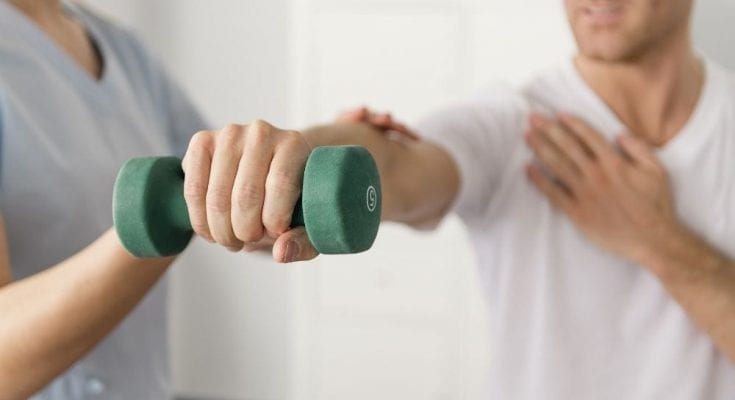Surgical procedures can be difficult to recover from. The thought of severe postoperative pain can make people put off necessary surgeries, as can the fear of becoming dependent on the medications doctors prescribe following procedures. But postoperative pain is manageable, and many recovery plans may not even require narcotics. These five methods to reduce pain after surgery will make the road to recovery much smoother for you.
Stress Management
Good vibes really can help you recover. Managing your stress after surgery is key because of a hormone called cortisol. This necessary fight-or-flight hormone is released at lower levels throughout the day or in short bursts during periods of high stress. But the body isn’t meant to handle sustained high levels of cortisol. In high quantities, it weakens your immune system and makes you susceptible to infection, which can only mean more post-operative discomfort.
Sufficient Sleep
Even under normal circumstances, sleep is when your body repairs itself. In the wake of surgery, a good night’s sleep is even more important, as this time will be critical to your recovery. Make sure to get at least eight hours of sleep per night while you are recovering so that while you’re awake, your body can build itself back up. Commitment to a good sleep schedule can mean less pain over a shorter period of time.
Over-the-Counter Medication
Following surgery, your doctor may prescribe opioids as pain relievers. While they can be highly effective for moderate to acute pain, they also carry numerous side effects and are highly addictive. If possible, try to limit yourself to over-the-counter pain relievers such as aspirin, acetaminophen, ibuprofen, and naproxen. While over-the-counter medications do have some mild side effects and limitations on daily dosage, they do not carry the high risks of opioid narcotics.
Ultrasound Treatment
An approach that may seem unorthodox at first is the use of ultrasound waves to relieve pain. However, a handheld ultrasound device could be a helpful alternative to medication for many people looking to reduce postoperative pain. Ultrasound therapy works by focusing sound waves on the site of your pain. These waves encourage blood and lymph flow to the site, which relieves pain and may hasten the healing as well. Best of all, a wearable device that you control yourself allows you to treat your pain no matter where you are.
Light Physical Therapy
“Motion is lotion,” as the adage goes. While it would be ill-advised to jump right back into normal activity after surgery, you shouldn’t shut down completely. As outlined above, make sure you’re getting enough sleep to rebuild your body each night. But while you’re awake, don’t spend too many hours inactive. Try to do a little bit of activity to keep yourself from getting stiff or letting your muscles atrophy, which will only lead to more pain. Keep your muscles moving and your blood flowing.
Of course, all surgical procedures are different, and not all methods to reduce pain after surgery may be applicable to your specific case. Be sure to consult your doctor on the best ways to manage and relieve postoperative pain and if you have concerns regarding medications, make those concerns clear.
FAQ
How much should I sleep after surgery?
Even under normal circumstances, sleep is when your body repairs itself. In the wake of surgery, a good night’s sleep is even more important, as this time will be critical to your recovery. Make sure to get at least eight hours of sleep per night while you are recovering so that while you’re awake, your body can build itself back up. Commitment to a good sleep schedule can mean less pain over a shorter period of time.
Additional Resources:
CBD Massage Oil
CBD Salve



